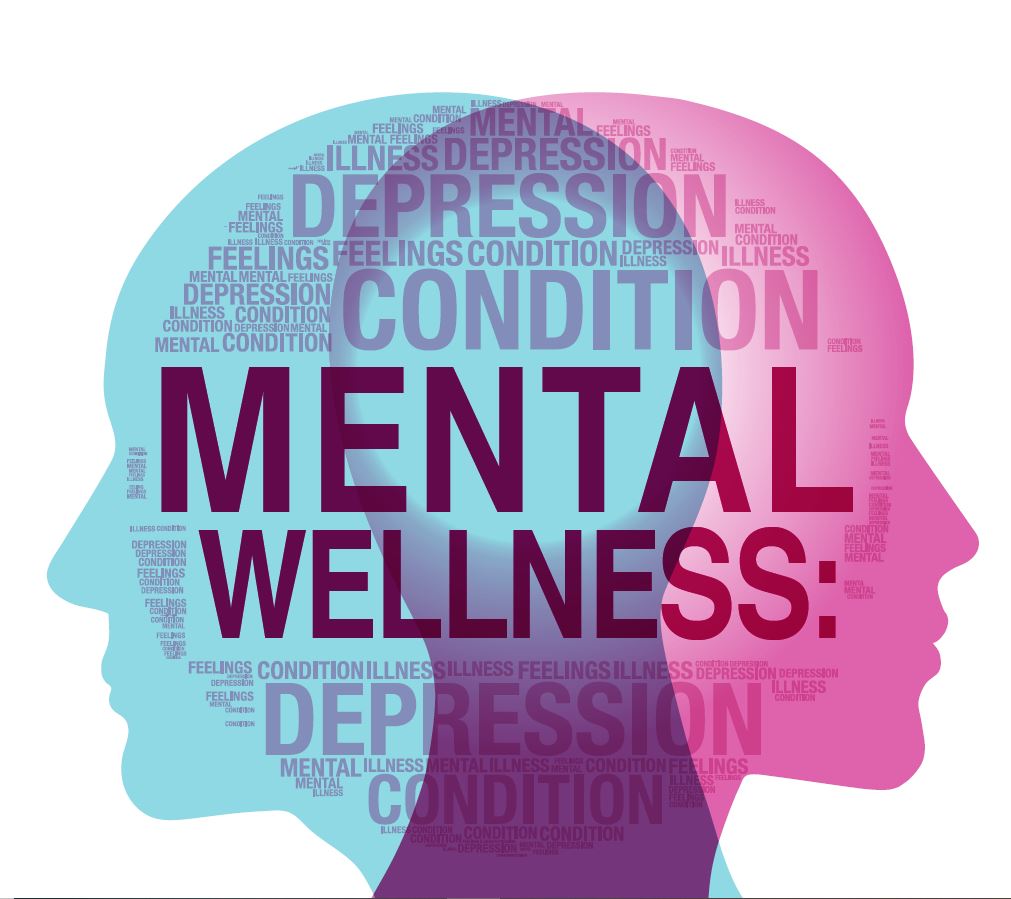Mental disorders can be debilitating and affect every aspect of a person's life. However, with proper treatment and self-care practices, individuals can manage and control mental disorders. One crucial factor in managing mental disorders is finding balance and achieving wellness. In this article, we will explore how balance and wellness can help control mental disorders.
Eating a Balanced Diet
A balanced diet is crucial for physical and mental health. Eating a diet rich in whole foods, fruits, and vegetables can provide the body with the necessary nutrients to function optimally. A balanced diet can help regulate mood and reduce symptoms of depression and anxiety.
Regular Exercise
Exercise is an effective treatment for many mental disorders. Regular exercise releases endorphins, which improve mood and reduce stress and anxiety. Exercise can also provide a sense of accomplishment and boost self-esteem. Physical activity can help regulate sleep patterns, which is crucial for emotional well-being.
Adequate Sleep
Getting enough sleep is crucial for emotional well-being. Adequate sleep can improve mood and reduce anxiety and depression symptoms. Establishing a consistent sleep routine and avoiding electronics before bed can promote restful sleep.
Mindfulness Practices
Mindfulness practices such as meditation and deep breathing can help control mental disorders. These practices can reduce stress and anxiety, promote relaxation, and improve emotional regulation. Mindfulness practices can also help individuals manage intrusive thoughts and redirect their focus to the present moment.
Social Support
Social support is essential for mental health. Having a support system can provide individuals with a sense of belonging and reduce feelings of isolation. Social support can also provide a sense of safety and security, which is crucial for individuals with mental disorders.
In conclusion, finding balance and achieving wellness is crucial for controlling mental disorders. Eating a balanced diet, regular exercise, adequate sleep, mindfulness practices, and social support are all vital components of achieving balance and wellness. These practices can help regulate mood, reduce symptoms of depression and anxiety, and improve emotional regulation. By prioritizing self-care practices and achieving balance, individuals can manage their mental disorders and improve their overall quality of life.








